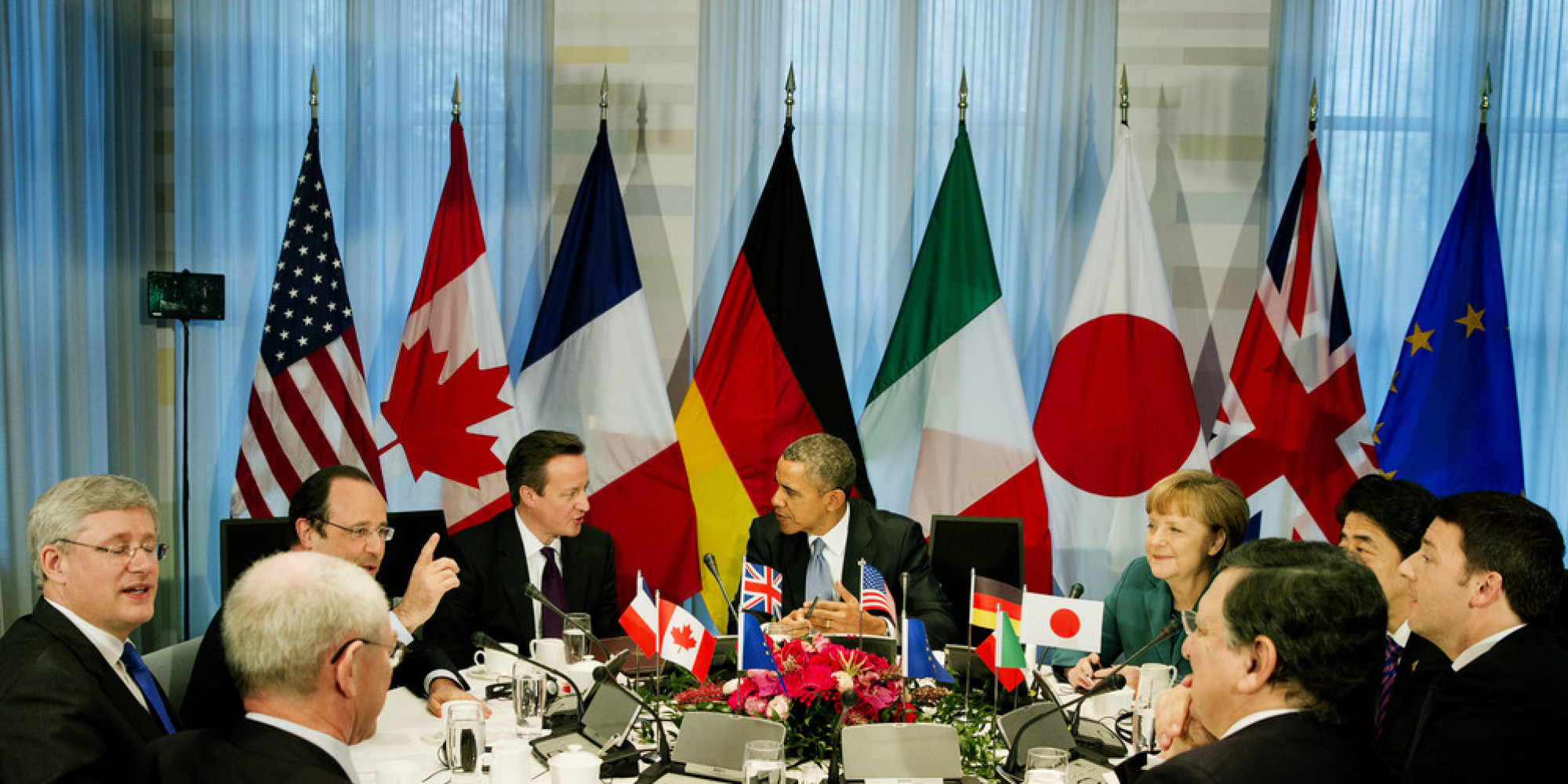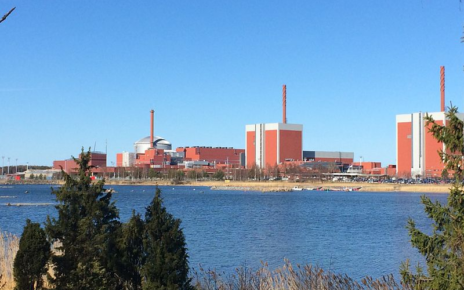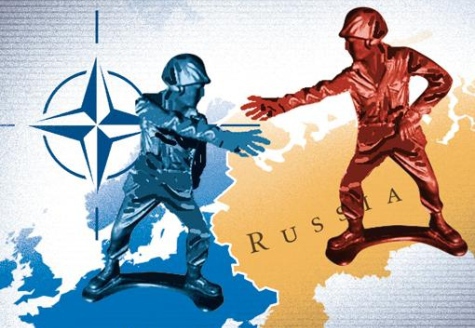In a move reminiscent of Soviet-era foreign policy, Russian President Vladimir Putin recently signed a bill which acknowledged Russia’s formal annexation and incorporation of Crimea into the Russian Federation. Following the seizure of Ukraine’s former Black Sea peninsula, it has become apparent that Russia is no longer satisfied with the international status quo. In response to Russia’s actions, the United States and the European Union have proceeded to impose economic sanctions against top companies and individuals based in Russia. The Obama Administration, for example, imposed new sanctions on seven Russian officials in addition to 17 companies considered to be a part of Putin’s inner circle. Some of those sanctioned include high-profile figures such as Deputy Prime Minister Dmitry Kozak and Russian Presidential Envoy to the Crimean District, Oleg Evgenyevich Belavencev. Despite these sanctions, however, Russia appears to have emerged relatively unscathed. The purpose of this article is to examine why this is so, and to critically evaluate the effectiveness of recent economic sanctions against Russia.
Economic sanctions typically involve the blocking or seizure of assets in addition to trade restrictions, and are designed to accomplish specific foreign policy objectives and domestic security goals. Their overall effectiveness ultimately depends on how much economic cost they can cause an opposing state. Professor Bryan Early, assistant professor at State University of New York and Albany believes that the sanctions are not as effective as NATO’s policy leaders believe them to be. He mentions the fact that Russia issued a new law in 2013 that placed prohibitions on Russian officials holding foreign bank accounts in an effort to limit the threat of having their assets seized by foreign powers. As such, some argue that it may be wiser to impose harsher sanctions that target a larger area of Russia’s economy in an effort to force the Russian Government to alter its foreign policy. Unfortunately for the West, the costs of doing so may far outweigh the benefits.

By imposing more stringent sanctions on Russia, NATO members including Canada would risk exposing their own domestic businesses to economic harm. For example, harsher sanctions would have disastrous effects on U.S. gas giant Exxon Mobil, which seeks to expand into Russia’s Kara Sea. This region is thought to hold approximately 9 billion barrels of oil, an amount equating to over a third of Exxon’s proven reserves. According to Russian state-owned oil company Rosneft, a quarter of the world’s remaining oil and gas reserves lie buried beneath Russian soil, something which Western powers must take into account. Many other NATO countries also rely on Russian business. Britain requires Russian finance capital, France plans to export warships to Russia, and the remainder of Europe requires Russian energy.
Sanctions against Russia may also be only marginally effective due to the sheer size of the Russian Federation. According to Morgan Stanley’s economics and strategy team, in 2012 Russia’s extensive resources accounted for 2.8% of global GDP, 4.7% of international merchandise trade and 13% of internationally traded oil. Moreover, Russian trade and investment is highly diversified, thereby protecting the majority of Russian exports. Typically speaking, sanctions are only truly effective against smaller countries which lack alternative export purchasers.
Nonetheless, this is not to say that NATO’s sanctions are entirely ineffective. Russian stock indexes recently feel quite sharply amidst new fears of Russian aggression in Europe. U.S. President Barack Obama also stated that Washington was considering new sanctions against key sectors of the Russian economy, including the oil and gas, metals and mining, financial services, and defence industries. Regardless of whether or not these sanctions are imposed, it is apparent that NATO must carefully evaluate its current situation and remember that additional economic sanctions may cause more harm than good. Perhaps a different policy is needed to quell Russia’s recent foreign policy that doesn’t come at the expense of Canadians who do business in Russia.





